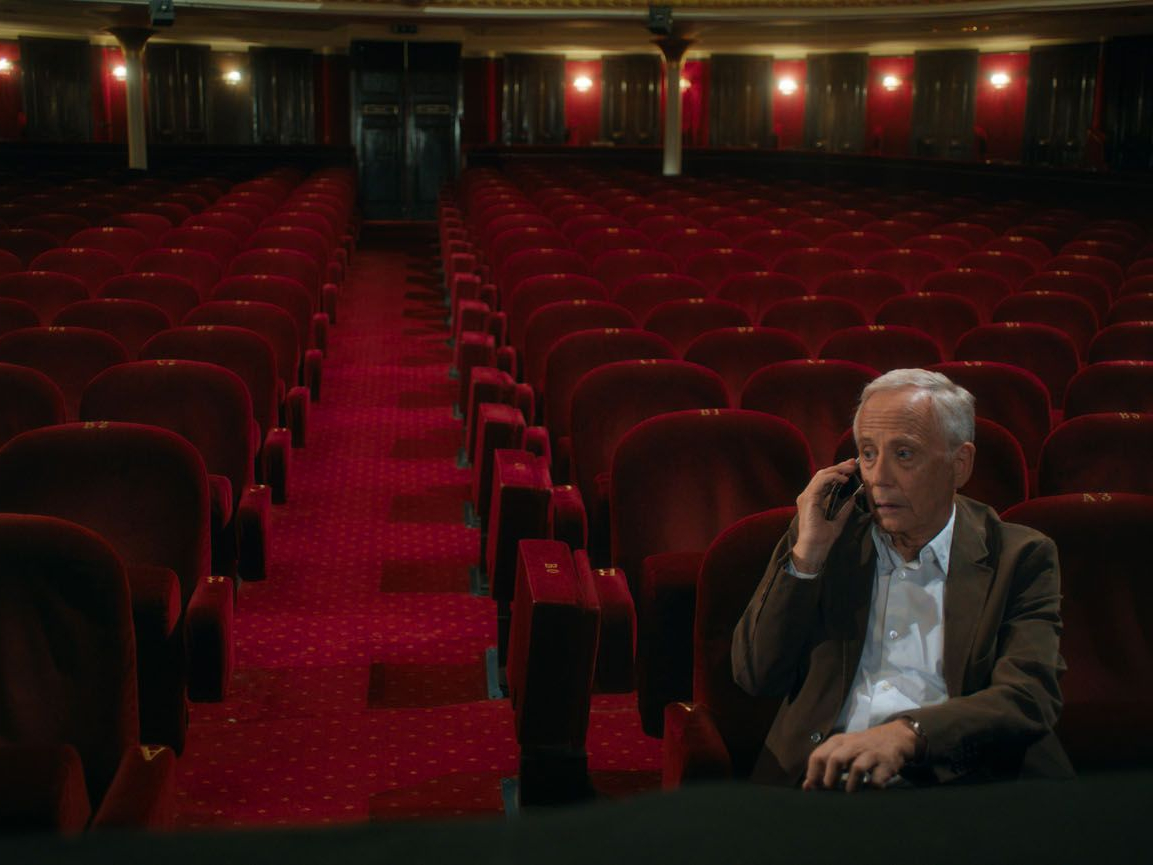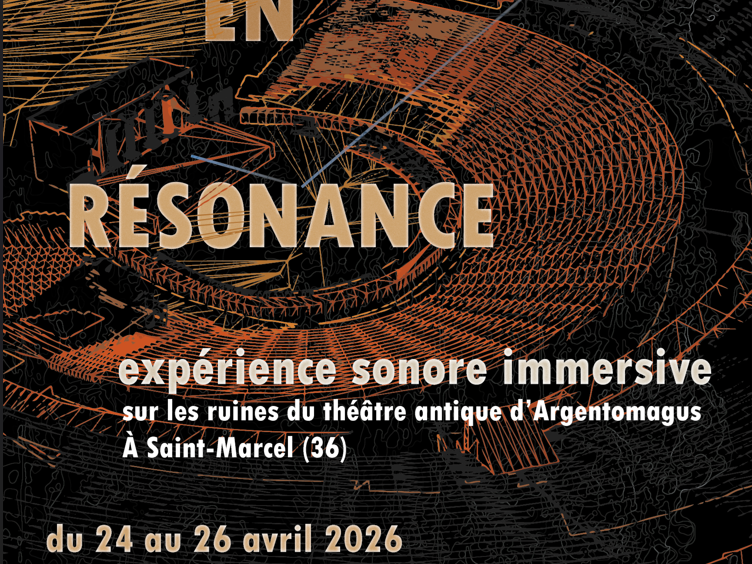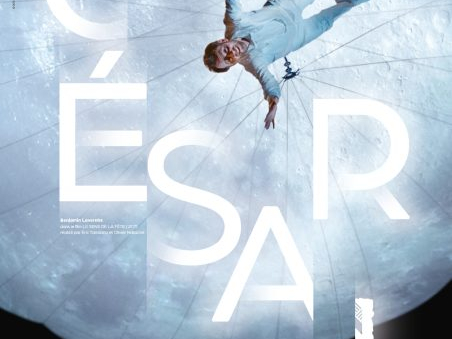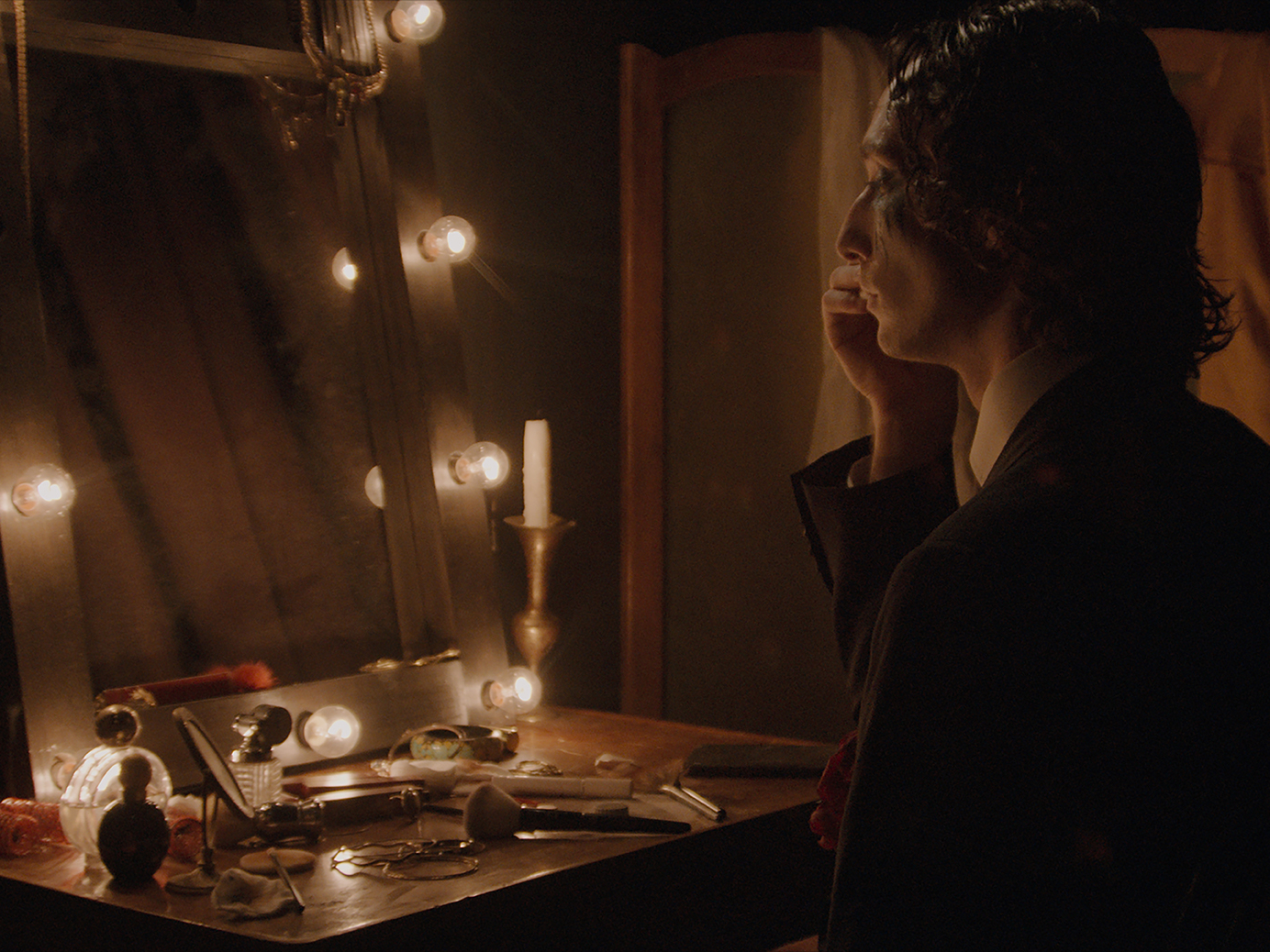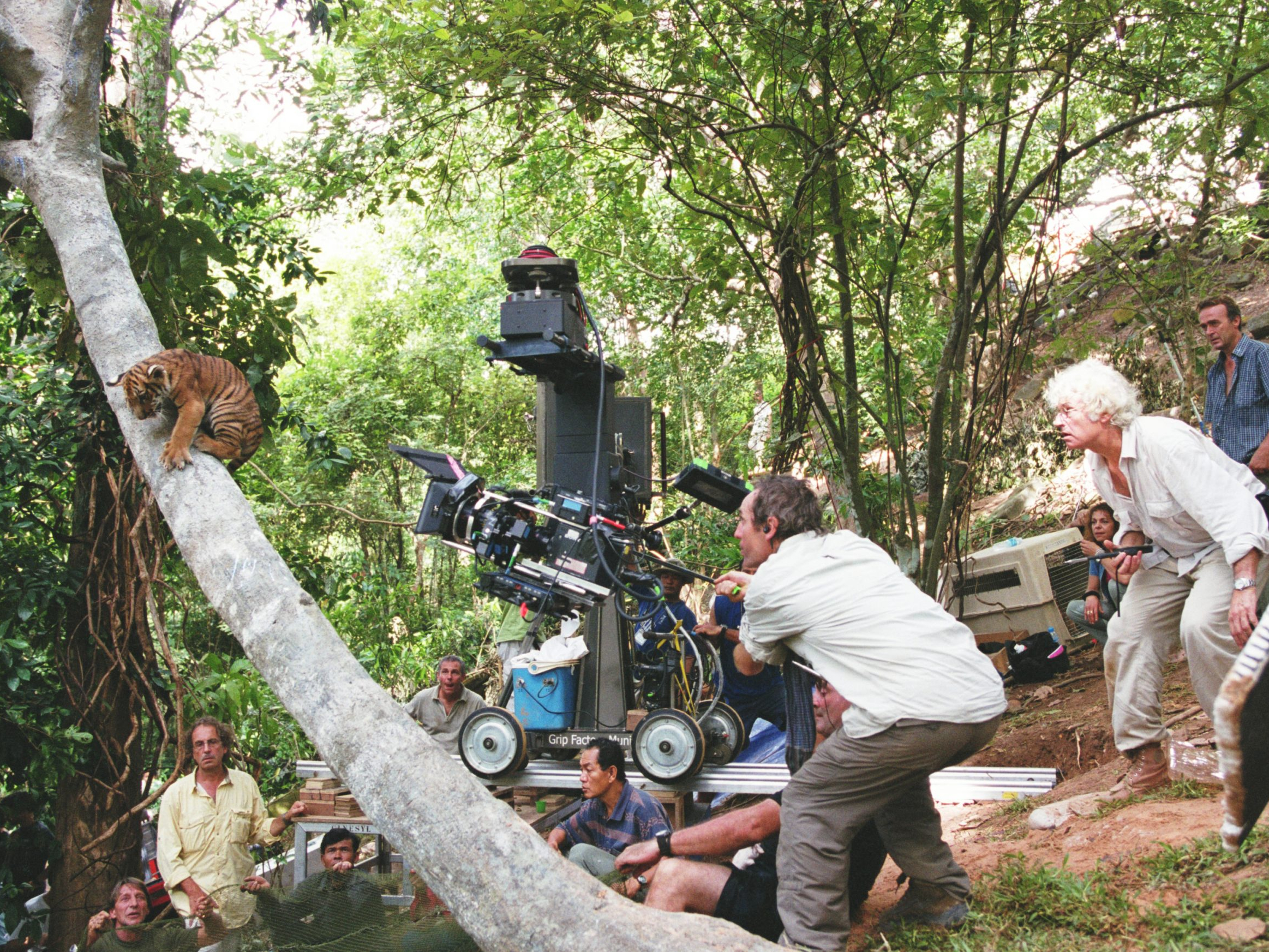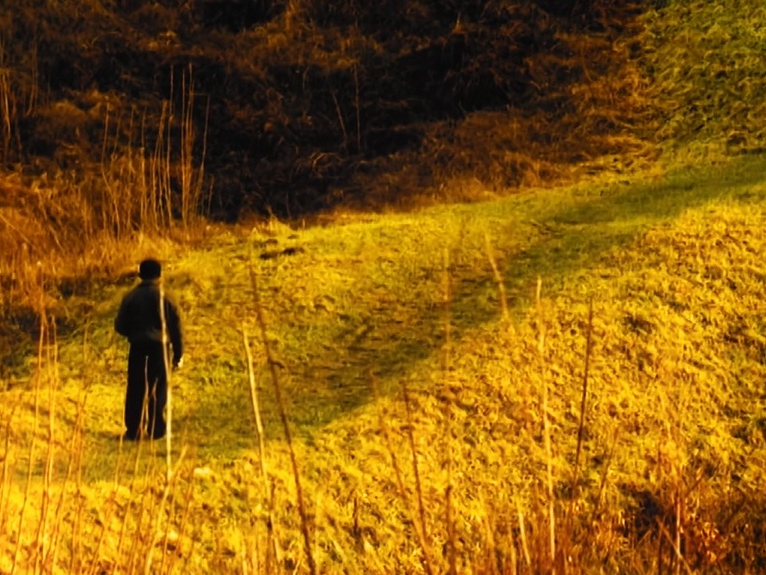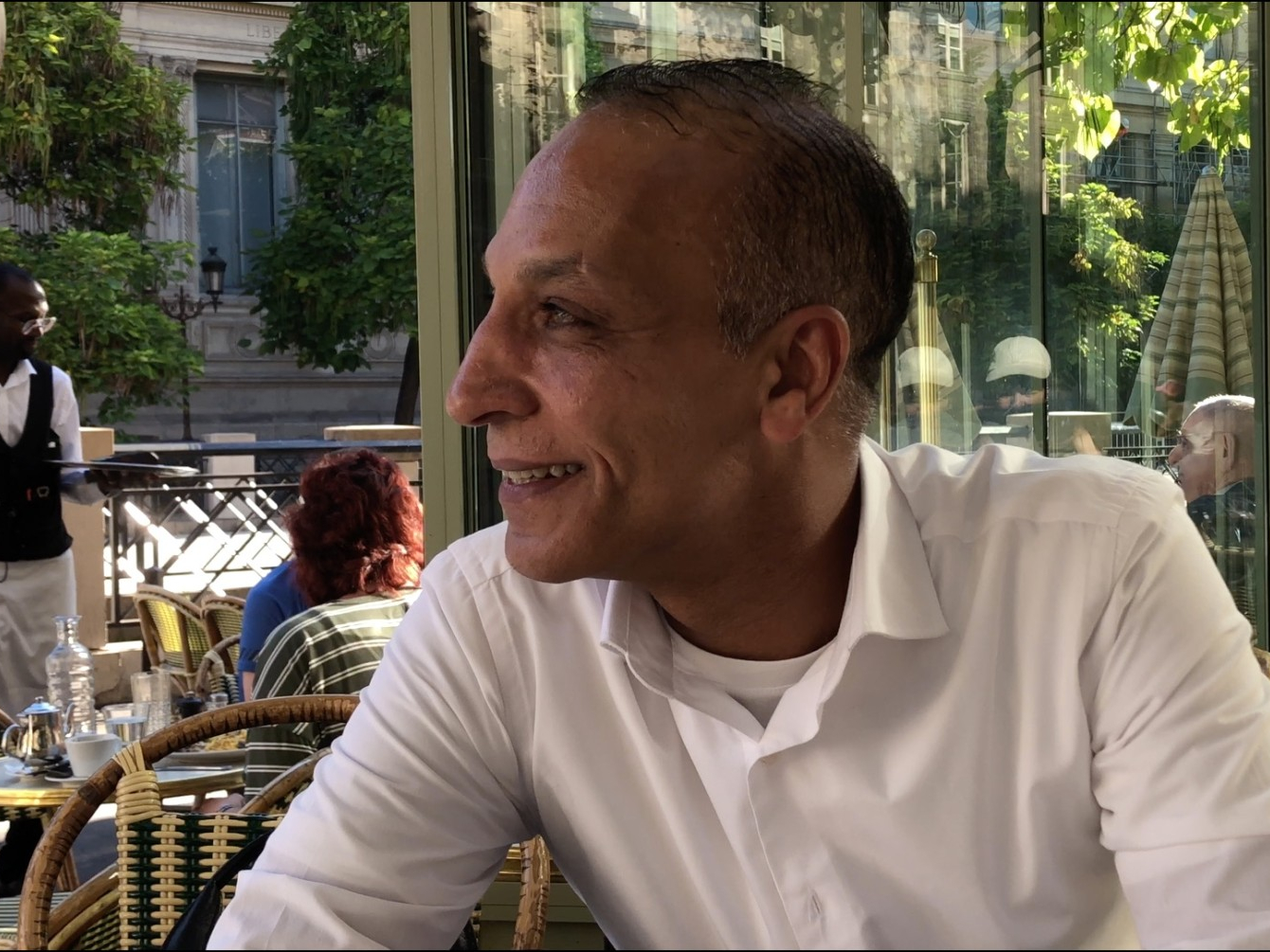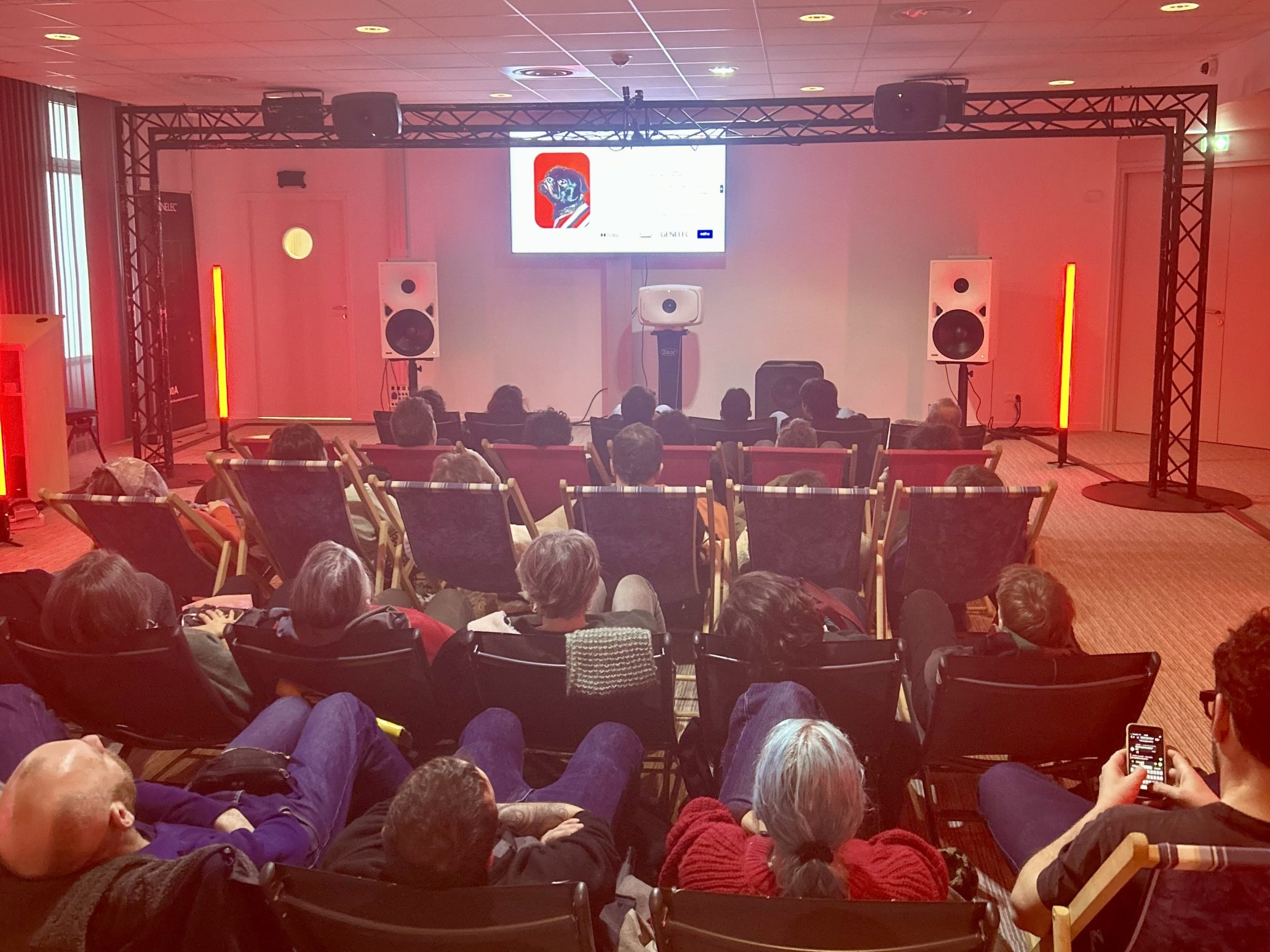About Ecole nationale supérieure Louis-Lumière
The French national Cinema, Photography & Sound Engineering School: dedicated to providing pre-professional training for the audiovisual industries
The ENS Louis-Lumière is a major public higher education provider dedicated to training for careers in Cinema, Photography and Sound.
ENS Louis-Lumière offers initial professional training— theoretical, practical, technical and artistic—in these three areas. Under the supervision of the Ministry of Higher Education and Research, the School operates as a public institution, recruiting students who have already completed two years of post-high school education. Candidates are admitted via a competitive entrance exam. Candidates should be under 27 years of age. The ENS Louis-Lumière offers teaching in three distinct programs, Cinema, Photography and Sound, each culminating in a diploma conferring a Masters degree.
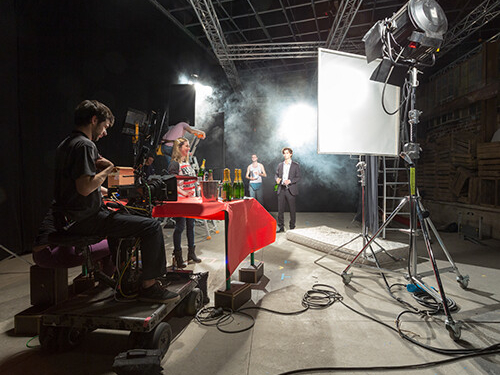
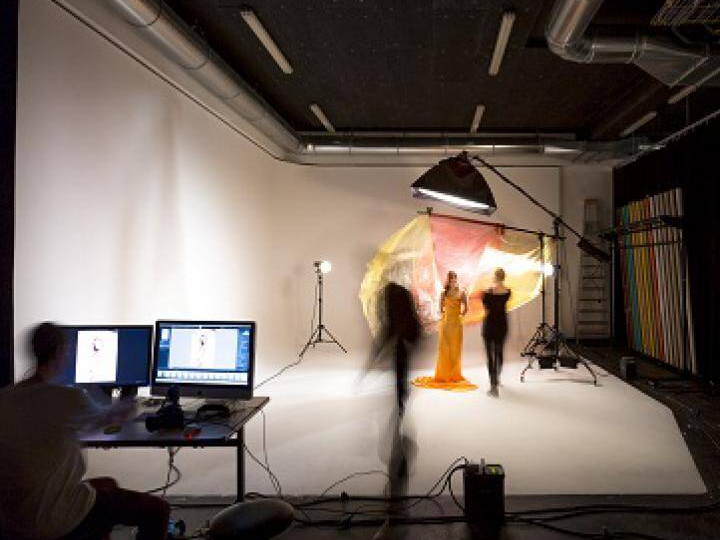
Tuition is free of charge.
The ENS Louis-Lumière also participates in applied research projects and offers internships for the purposes of continuing professional training.
Created at the instigation of leading film and photography legends, French pioneers recognized by film and photography schools across the world including Louis Lumière and Léon Gaumont, the school moved its operations to the Cité du Cinéma in July 2012. In July 2013, it launched an “equal opportunities” class in order to support the equitable organization of its selection process.
Since 2014 ENS Louis-Lumière has been an associate member of the University Paris Lumières (UPL).
- 1926: creation of the ENS Louis-Lumière
- 150 Masters students
- 16 students per Masters/per year
- 7000 square meters of professional equipment dedicated to teaching and research
- 100 visiting tutors, professionals in their field
Career prospects
The School aims to train high-end technicians with a strong academic bent for the audio, visual and audiovisual industries. This future generation of professionals will possess the necessary technical resources and know-how to enable them to adapt and perform within these ever-changing fields.
The Cinema Department : students will gain access to cinematography-related professions (cinematographer, camera assistant or operator); they may also go on to directing or scriptwriting. Additionally, the School prepares students to work in the fields of production (producer, executive producer…) and post-production (post-production director, visual effects supervisor, colourist, editor…) within the film and audiovisual industries.
Discover some students productions here
and some End of Study Theses here.
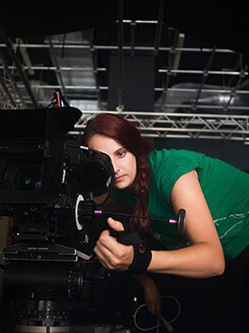
The Sound Department : students will gain access to professions such as sound recordist, sound editor, sound engineer, technical director, stage manager, audio systems manager within the image industries and the worlds of music, radio and the performing arts. Students have access to diverse areas of these professions, including production, post-production, industry and research.
Discover some students productions here
and some End of Study Theses here.
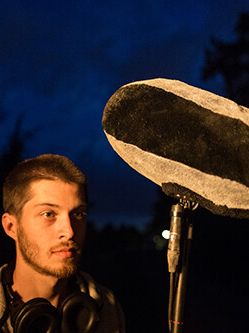
The Photography Department : It covers a significant number of professional practices. Students will be provided with access to photographic careers within the press, fashion or advertising industries. They will also be able to apply for image-system management positions (quality control, work-flow organisation…) as well as post-production and commercial or technical support systems. Employment opportunities may be found in industry, cultural institutions, research, the Internet, transmedia, publishing, production and pre-press.
Discover some students productions here
and some End of Study Theses here.

News
At school and outside
Les anciens au générique – Mars 2026
27 février 2026
Projet de fin d’études Master Son d’Agathe Kowalski
27 février 2026
Distinctions aux César 2026
27 février 2026
Sélection en Festivals
19 février 2026
Un étudiant au Cinéma du Réel
18 février 2026
Un enseignant du Master Ciné au Festival de Berlin
12 février 2026
Participation du Master Son au Festival Longueur d’Ondes
12 février 2026
Les anciens au générique – Février 2026
9 février 2026

